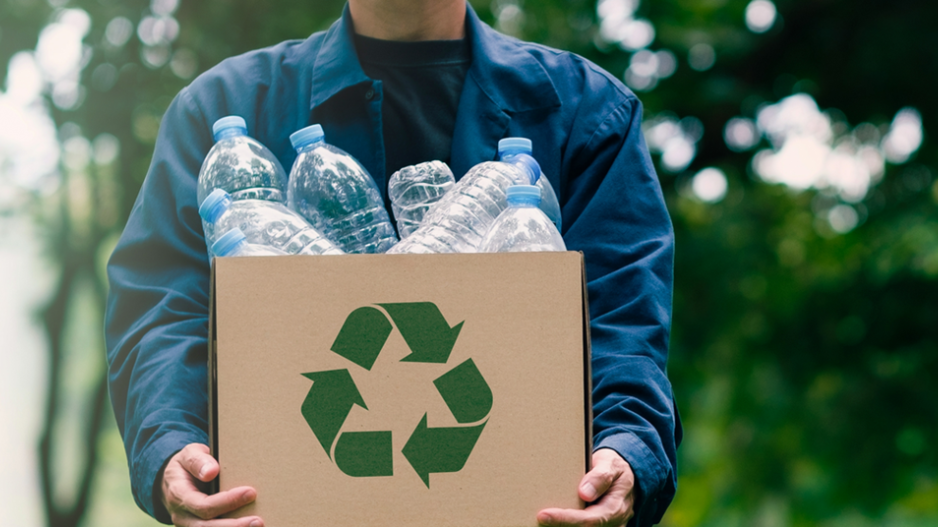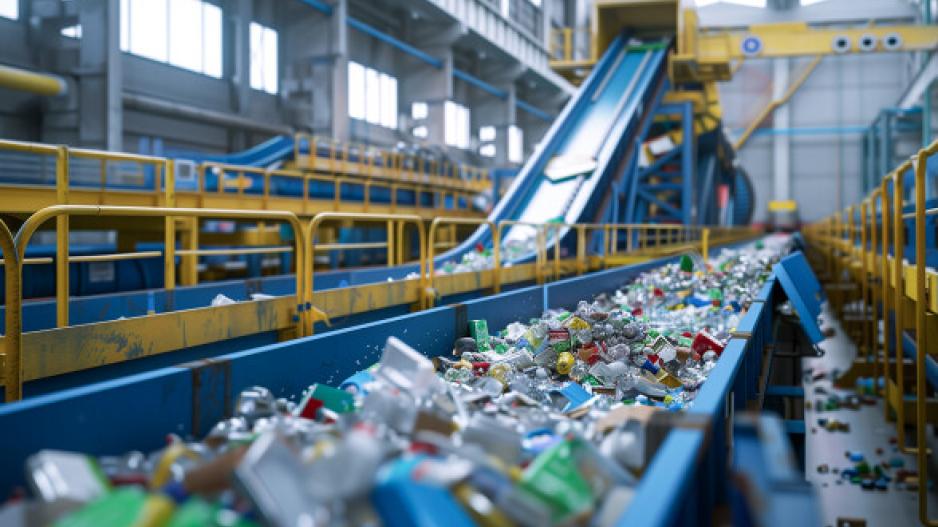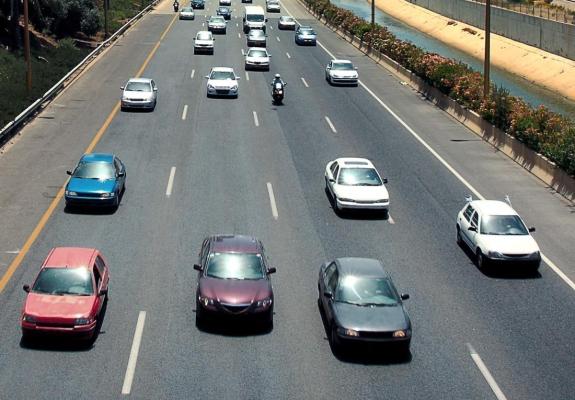Europe's Plastics Industry Faces Decline
Decreased Production and Recycling in Europe as Global Plastics Manufacturing Rises
Once heralded as an innovative solution, plastics have become the focus of environmental concerns, particularly in Europe, which has the world's strictest regulatory framework. This regulatory environment, aimed at reducing plastic usage, has led to significant challenges for the European plastics industry, which struggles to compete with the global influx of cheaper materials.
According to Plastics Europe, the continent’s plastics production dropped by 8.3% in 2023, marking a deeper-than-expected decline. Recycling, particularly mechanical recycling—the most common form in Europe—fell for the first time since 2018 due to declining demand.
Virginia Janssens, Managing Director of Plastics Europe, expressed concerns about the ongoing "deindustrialization in Europe." She highlighted how energy-intensive industries, including plastics manufacturing, face mounting pressure from high energy costs and regulatory constraints, which lead to greater reliance on less sustainable imports.
While Europe sees its share of the global plastics market shrinking—from 28% in 2006 to just 12% in 2023—countries like China and the United States are ramping up production. Global plastics manufacturing rose by 3.4% last year, with China accounting for 60% of the increase in petrochemical capacity, according to S&P Global.
This global surge undermines Europe’s push for recycled materials. Virgin plastics from outside the EU flood the market, making recycled materials economically uncompetitive. In September, a report by former European Central Bank President Mario Draghi attributed much of Europe’s economic slowdown to high energy prices, restrictive regulations, and lower production costs abroad.

The downward trend in European plastics recycling is alarming. Plastics Recyclers Europe reported last month that declining demand is forcing many recycling companies to shut down operations.
Several major corporations, including ExxonMobil, Sabic, and Trinseo, have announced plans to close or reevaluate petrochemical plants in Europe. Rob Ingram, CEO of Ineos’s olefins and polymers division, called Europe’s regulatory burden "self-inflicted harm," adding that without new investments, transitioning to more sustainable production will be impossible.
Ingram noted that while European demand for plastics remains steady, investments are flowing to the United States and Asia, where environmental regulations are less stringent. He warned that importing plastics manufactured under weaker regulations undermines Europe’s green objectives.
Virginia Janssens stressed the need for policy changes to stimulate demand for recycled plastics in products ranging from packaging to electric vehicles. "We are calling on policymakers for urgent measures—whether fiscal or financial—to boost investment in circular plastics in Europe," she said.






